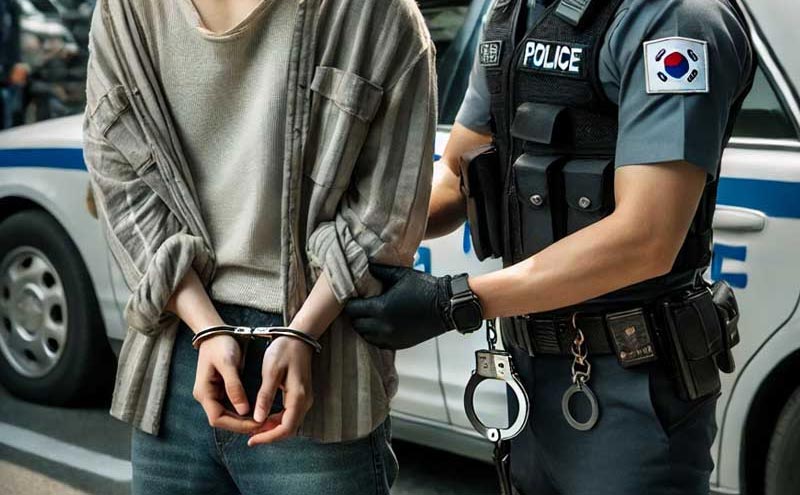Curious About the Personal Rehabilitation Process?
부채로 인한 고통이 깊을수록, 법이 제공하는 재기의 기회는 더욱 가치 있습니다.
Many debtors looking into personal rehabilitation hesitate because the process seems complicated. The use of difficult legal terminology and the large number of documents that need to be prepared make it feel even more daunting. However, since personal rehabilitation can take anywhere from 6 months to 1 year, and up to 3 years for discharge, it is essential to fully understand the process beforehand to avoid dismissal or termination. Although personal rehabilitation may seem complex, we’ve explained the process in simpler terms below.
1. Personal Rehabilitation Application
The required documents for personal rehabilitation are gathered, and an application is submitted to the relevant court. The court will be located based on either the debtor's resident address or workplace address. If the wrong court is applied to, the process may be delayed due to case transfer, which can take additional time. Therefore, it's important to apply to the correct court from the outset.
2. Assignment of a Rehabilitation Committee
When personal rehabilitation is filed, a rehabilitation committee is appointed. The committee investigates the debtor’s assets, income, and situation and assists the judge by recommending an appropriate repayment plan.
3. Prohibition Order Decision
When applying for personal rehabilitation, a prohibition order can also be requested. This order legally prohibits the creditor’s collection actions. After reviewing the debtor's assets and employment status, if the court deems them acceptable, it will issue the decision. After about 2-3 days for delivery, the creditor's debt collection actions are legally halted.
4. Rehabilitation Committee Interview
If there are any uncertainties or if document verification is required, the debtor will have an interview with the assigned rehabilitation committee. Once the schedule is set, the debtor must appear at the court with identification to answer questions regarding the documents. If any answers contradict the submitted documents, a correction order may be issued. Currently, this process is only carried out in Seoul, Incheon, and Suwon, with other regions rarely proceeding.
5. Correction Recommendation
The assigned rehabilitation committee reviews the submitted documents and issues a correction order for any missing documents. During this process, the available income and monthly repayment amounts are adjusted through the repayment plan. The debtor must prepare and submit the correction documents carefully to proceed to the next stage, the opening decision of the rehabilitation process.
6. Opening Decision
The opening decision is made when the court determines there are no deficiencies or grounds for dismissal in the documents. This decision effectively allows the personal rehabilitation process to proceed. If the debtor’s previous prohibition order was dismissed, they may still be subject to collection actions until the opening decision is made. After this decision, creditors' collection actions are legally prohibited.
7. Creditor Objections and Creditor Meeting
After the opening decision, the related documents (creditor list, repayment plan) are delivered to the creditors. Creditors may file objections within the objection period.
Following the objection procedure, a creditor meeting will be held. If the debtor does not attend the meeting, the procedure could be dismissed or terminated, so attendance is mandatory.
8. Confirmation Decision
The confirmation decision is the final approval stage. After the opening decision, the debtor must begin paying the repayment amounts from the following month. The period between the opening and confirmation decisions is a time to assess whether the debtor can follow through with the rehabilitation process. If repayment is made on time and the debtor attends the creditor meeting, the confirmation decision will be issued.
9. Repayment
The debtor must pay the agreed repayment amounts on time. If three payments are missed, the personal rehabilitation process is terminated. Therefore, it’s essential to pay the required amounts promptly to receive a discharge decision.
10. Discharge Decision
If the debtor successfully pays the required amounts according to the repayment plan over the repayment period (3-5 years), a discharge decision will be granted. Once the discharge decision is made, the remaining debts are forgiven, and the debtor’s credit is restored, with public records related to credit issues deleted.
As seen above, the personal rehabilitation process is not simple. Many people face dismissal or termination due to overlooked details. Personal rehabilitation can be challenging to navigate alone, but it offers substantial debt reduction. Instead of hesitating due to the complexity, it’s wise to proceed with the rehabilitation process alongside an experienced bankruptcy lawyer.
Bucheon Personal Rehabilitation Lawyer무료 법률 상담
끝없는 빚의 터널 속에서도 빛은 있습니다. 개인회생과 파산은 절망이 아닌 희망의 과정입니다. 변호사는 당신의 곁에서 그 길을 열고, 당신이 다시 서도록 돕는 이정표가 되어줄 것입니다.
어디에서든 실력은 동일할지라도, 고객의 목소리에 귀 기울이고 끝까지 함께하는 것이 진정한 차이를 만듭니다. 결국, 변호사의 진정한 능력은 얼마나 마음을 다해 고객의 문제를 해결하려고 하느냐에 달려 있습니다.

형사 전문 변호사
criminallawyer.co.kr형사 전문 변호사는 형사 사건에 특화된 법률 정보를 제공하며, 체계적이고 알기 쉬운 설명으로 복잡한 형사 절차를 이해하는 데 도움을 줍니다. 주요 범죄 유형별로 사례와 법률적 대응 방안을 다루며, 구체적이고 현실적인 조언을 통해 신뢰할 수 있는 정보를 제공합니다.




